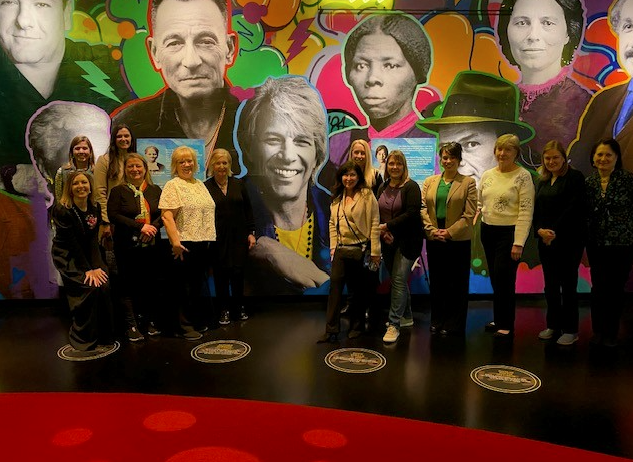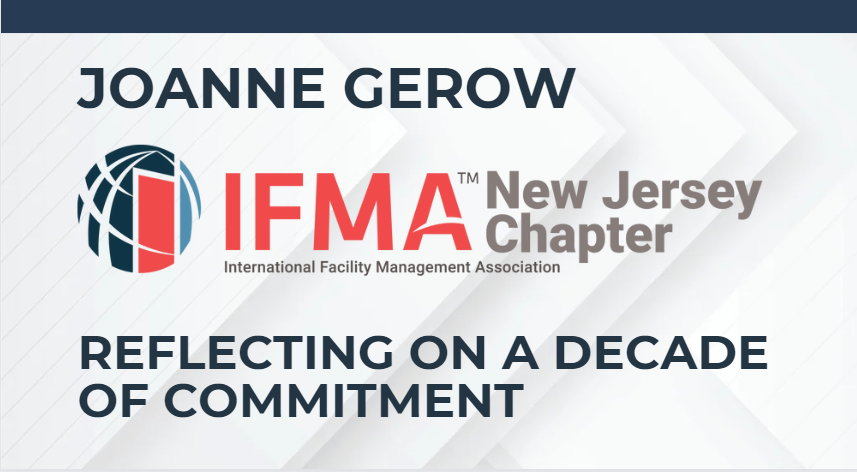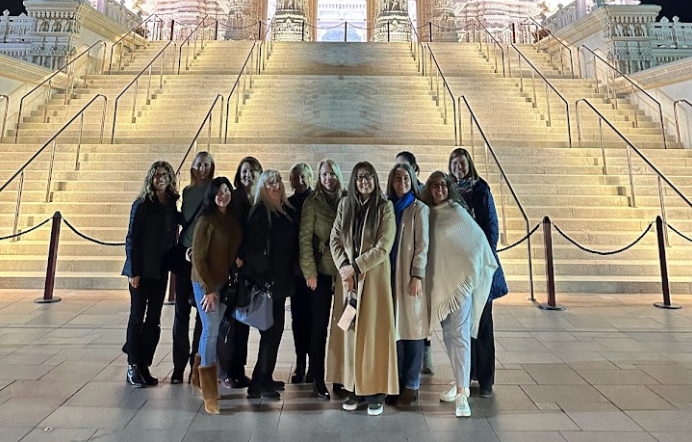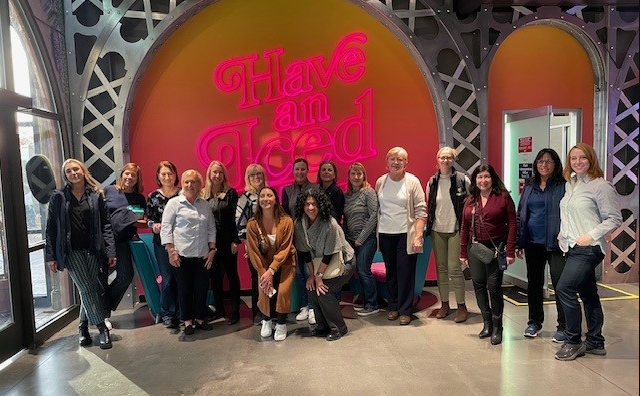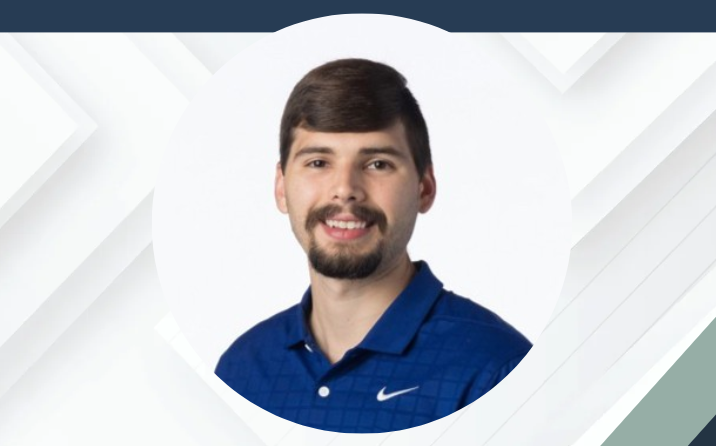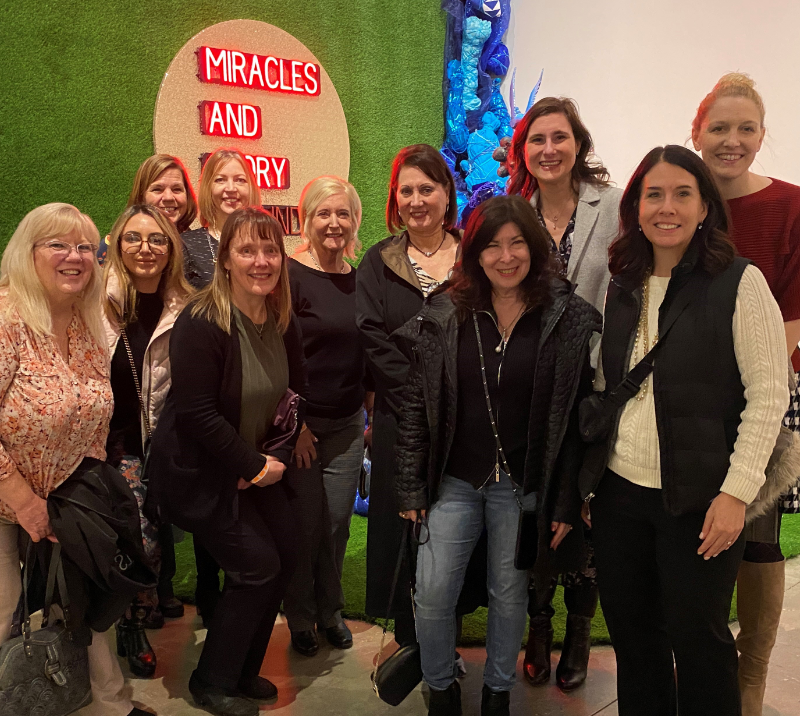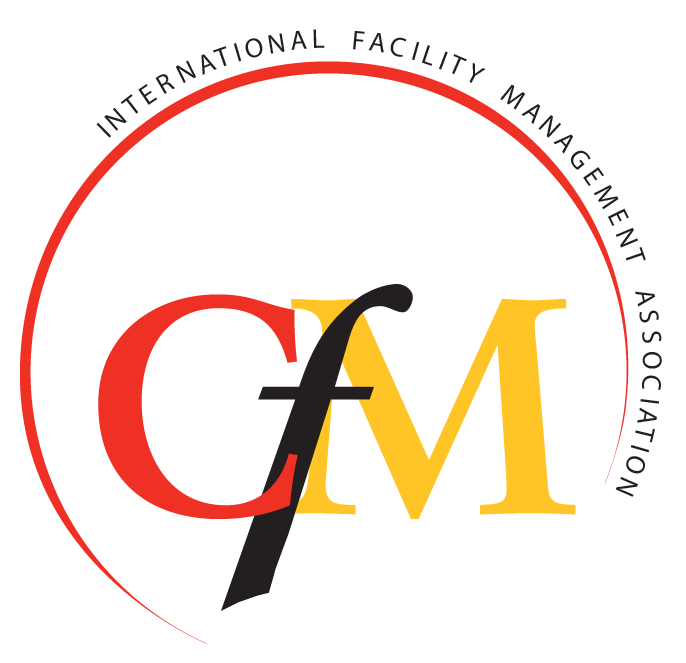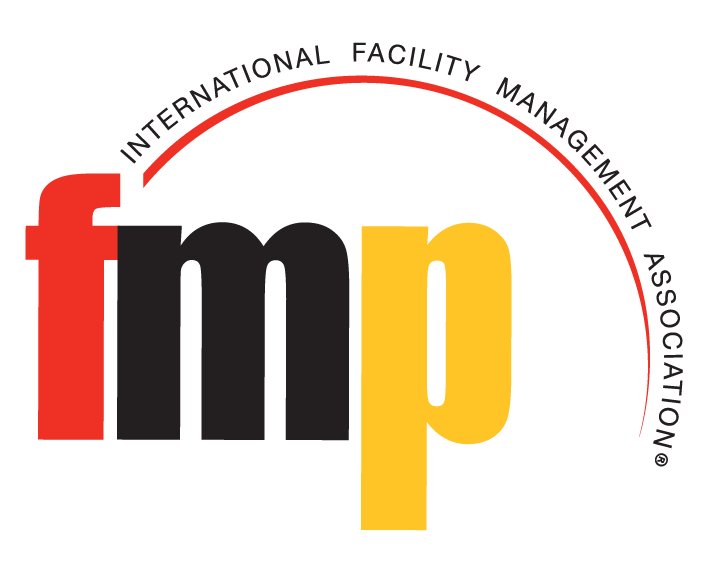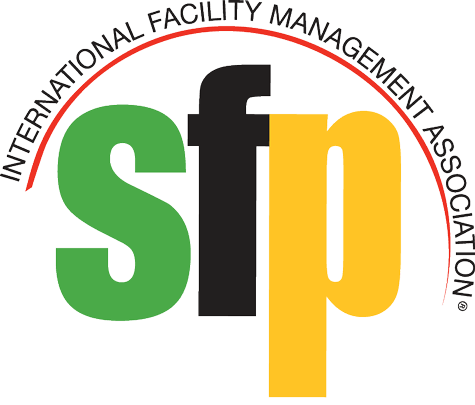Donald Drost | Executive Director, Facilities Management
Middlesex College
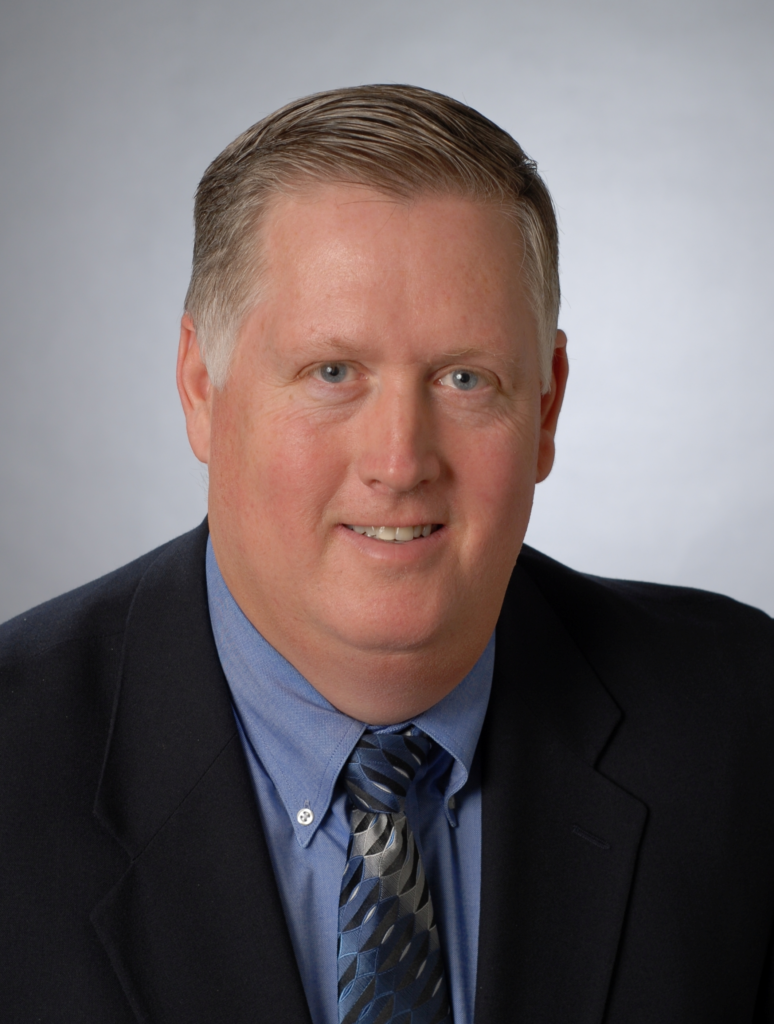
Tell us a little about yourself.
I am the Executive Director, Facilities Management at Middlesex College. We are a 2-year community college in Edison, New Jersey with 10,500 students on a 190 acre campus with 35 building totaling about 900,000 square feet. I work with a staff of 86 facilities professionals in areas of grounds, custodial, maintenance trades, capital construction, utilities, warehousing, events and administrative support. Our operating budget is $5.2M. I report to the College President and am a member of his executive team that works closely with our Board of Trustees.
How and when did you get your start in Facilities Management?
My first job out of Trenton State College (now College of New Jersey) in 1981 with my freshly minted bachelor’s degree in mechanical engineering was in plant engineering for a Fortune 200 corporation that had a manufacturing plant in North Brunswick, New Jersey. This position was a combination of facilities and production engineering. I worked under a seasoned Plant Engineer, and later a Plant Manager that took me under his wings and provided the foundation for my career.
At what point in your career did you begin taking facilities management classes and receive your designations?
After beginning my employment at Middlesex College as a Plant Engineer in 1988, I become active in APPA (a higher education facilities management organization) and completed their Institute for Facilities Management. I later earned my Certified Plant Engineer designation from what is now the Association of Facilities Engineers (AFE). I returned to graduate school later in my career and earned my Masters in Engineering Management at New Jersey Institute of Technology in 2005. My graduate studies included coursework in Facilities Management.
What is the biggest lesson you have learned in your career?
Be patient and remain calm. In facilities management you deal with all kinds of emergencies including hurricanes and pandemics with an occasional building fire or two. And once in a while, you receive a phone call from the secret service saying the President of the United States will be visiting your campus in 2 days and you need to prepare (by the third time I had these presidential visits down to a science J). The second lesson is to build a strong team that you can depend on. They will help you more than you could ever help yourself. Be honest with your team members and co-workers from other departments, and they will treat you with respect.
Tell us about a challenge or obstacle that you face (or faced) in the Facilities world.
Earning a place at the executive table. In the NJ community college sector it was typical for facilities to report to a VP of Finance. This made it difficult to manage the facilities operations in support of the campus community as information was always second hand or filtered. When the VP of Finance was retiring I asked the College President for an opportunity to report directly to him and participate as a member of his executive team. He agreed provided I earned a Master’s Degree. Going back to graduate school later in life with a family was not easy. However, I persevered my children questioning my grades and why I was waiting to the last minute to complete my homework. Boy did they turn the table on me! The result was becoming the first facilities manager at a NJ community college to report directly to the College President. Since then many of my peers have followed in my footsteps. I also believe COVID-19 provided this opportunity for facilities professions to elevate their standing as well. All of a sudden the President/CEO and everyone else in the world needed to know how the HVAC system works. Facilities professionals were the rock stars of COVID-19 along with other front line workers. At Middlesex College, the College President selected me to chair the College Return to Campus Task Force consisting of campus executives, staff and faculty.
How do you define success?
In higher education success is defined by the success of our students. That means providing a campus that is conducive to learning and teaching. One of my duties is to pass the diplomas to the College President on the platform at commencement. Standing there knowing that our facilities team played a role in each of those students walking across the stage to receive their degree is the ultimate measure of success.
When looking to hire qualified candidates would you look for designations on resumes?
Not as a primary qualification but more as a preferred requirement. With all things being equal between two candidates, I would give preference to the one with credentials. It shows a willingness to invest in themselves and improve their knowledge base to advance their career.
What benefit do you personally receive from being a member of NJ IFMA and what is the value it can offer young professionals – why should they become involved in the organization?
I am relatively new to IFMA having only been a member for a few years. As with most professional organizations the biggest value is professional development and networking opportunities. NJ IFMA provides young professionals the ability to learn from “seasoned” professionals such as myself. I also see value in the diversity that NJ IFMA offers young professionals. The facilities professionals and associate members come from a wide variety of businesses and industries that possess a wealth of knowledge.
Do you have a mentor or role model in your career that has helped guide you on your path?
Dr. John Bakum was the College President that gave me the seat at the executive table. He later spent countless hours guiding me to improve my management skills. He was also a degreed engineer that took a career path in education teaching electrical engineering. Having that engineering training gave us something in common and led to successful careers for both of us.
If you were not in this industry, what would you like to do?
While in high school and college I was racing motocross on weekends and working to become a professional rider. A severe knee injury ended that career path but I always wished I could have seen it through to fruition.
What advice would you give someone new coming into the industry?
A career in Facilities Management involves operations that for the most part function 24/7. You need to develop a good life balance between work and home. Dedicate yourself to being the best professional you can be while still enjoying your family and life away from work. My work is fast paced and time consuming, yet I still manage to go camping with my wife, children, and grandchildren along with taking motorcycle trips with my friends. Find your happy medium.
